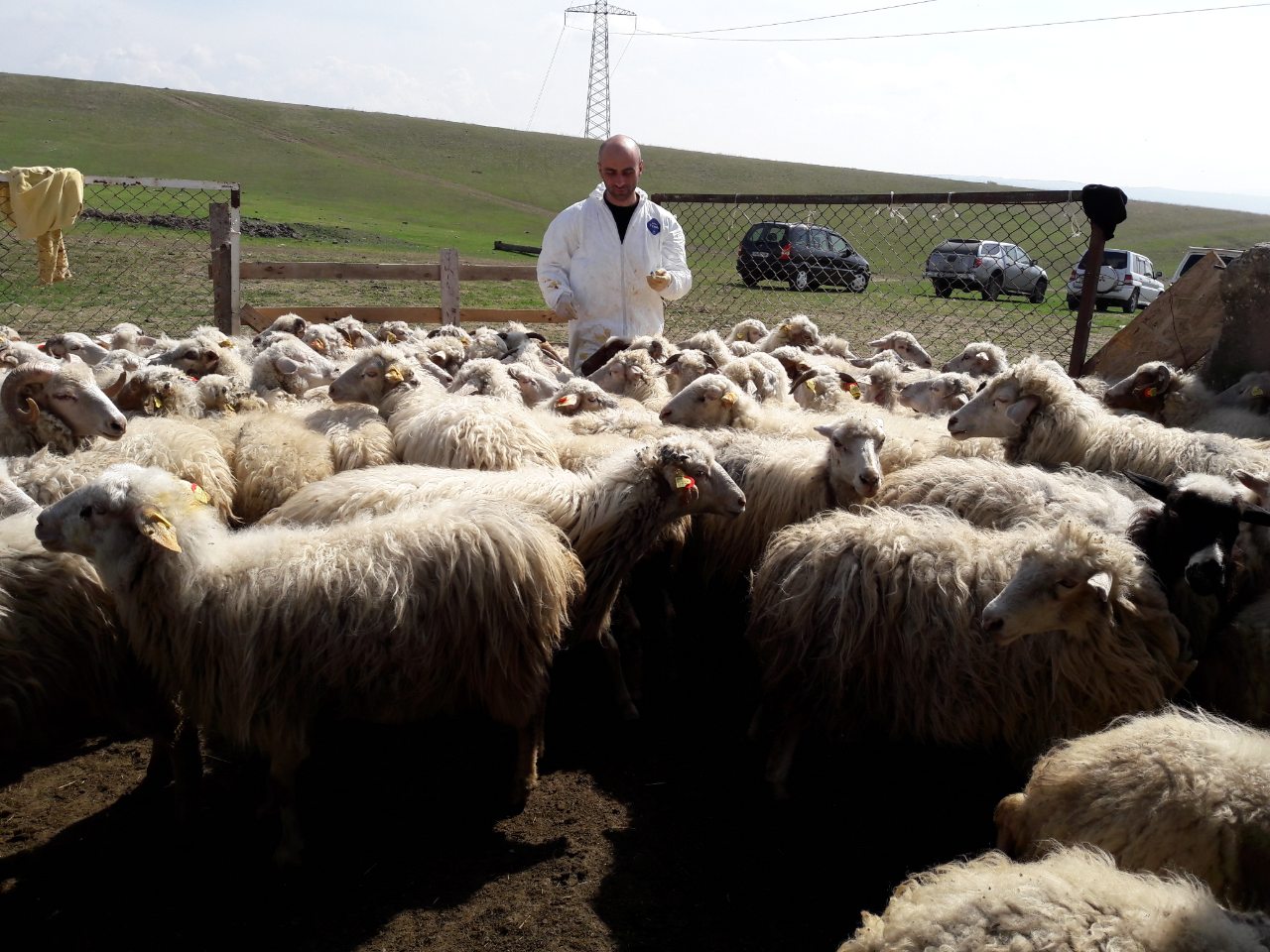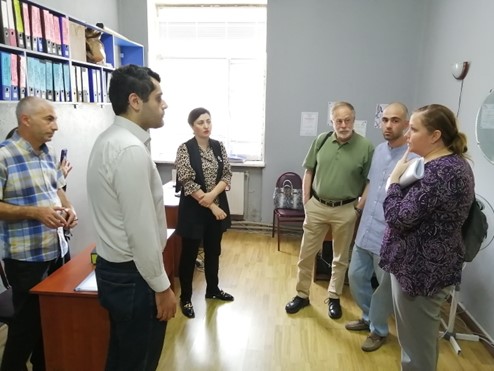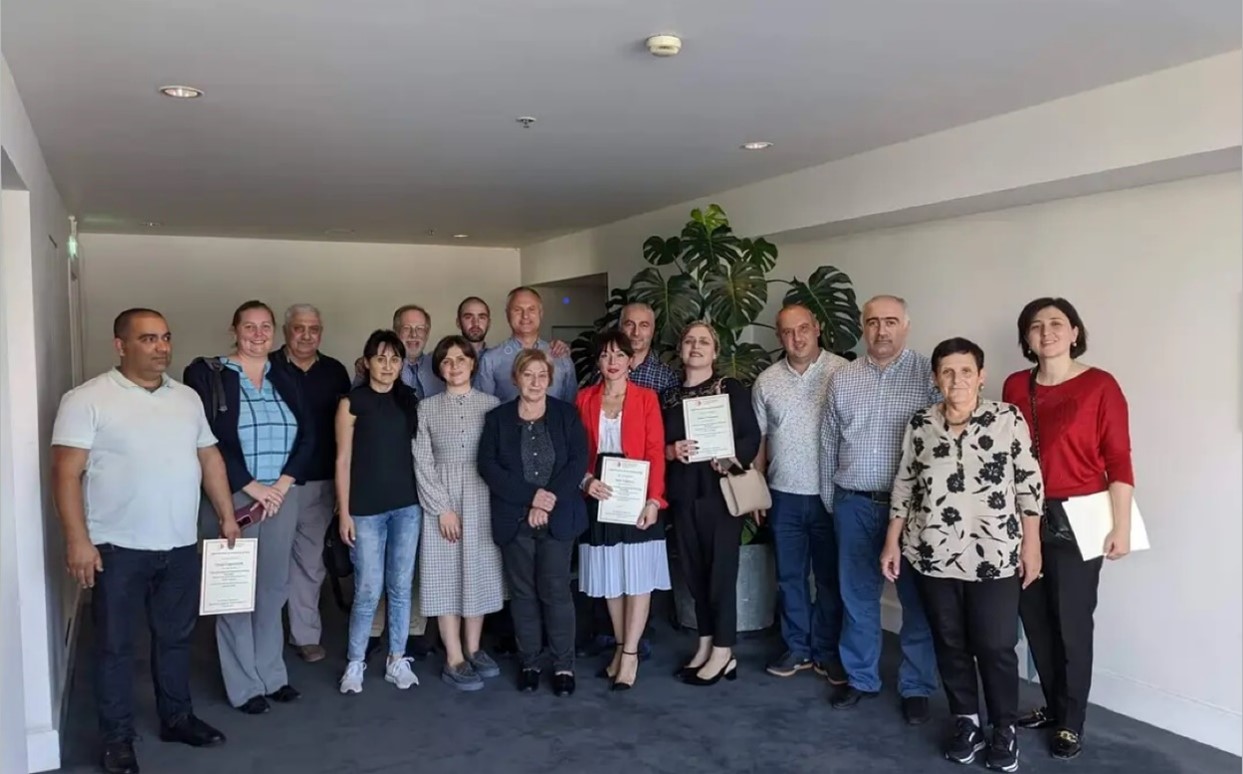The World Organisation for Animal Health (WOAH, founded as OIE) is committed to continuing to respond to Members’ evolving needs and support the strengthening of animal health systems worldwide. The organisation develops scientifically based international standards and guidelines based on the best available evidence. Through the Performance of Veterinary Services Pathway (PVS Pathway), WOAH helps Members conform to these standards and guidelines.
WOAH is building a Veterinary Workforce Development programme to support the integration of all relevant personnel into the veterinary workforce, including veterinarians, veterinary paraprofessionals (known as VPPs, sometimes called animal health assistants, veterinary technicians, etc.), and, when relevant, community animal health workers.
In order to help build an enabling environment for appropriate education and training, WOAH has developed a curriculum support mission for veterinary paraprofessionals (VPP curriculum support mission), to complement the Twinning programme that already exists for Veterinary Education Establishments. The WOAH Competency Guidelines for Veterinary Paraprofessionals (2018) and WOAH Curricula Guidelines for Veterinary Paraprofessionals (2019) are key resources for this support.
On 18 – 30 September 2022, Georgia requested and hosted the first pilot curriculum support mission in the European region.
WOAH’s VPP Curriculum Support mission has two phases. The first phase is a mission to identify gaps in the national VPP curricula compared to WOAH guidelines, led by VPP curriculum experts.
Following a virtual preparatory meeting with Georgian stakeholders, a face-to-face field visit took place during the first week followed by the 5-day workshop.
During the field visit, the team of experts visited three of six VPP training institutions (colleges) in different parts of Georgia, in order to learn about the curricula used and gain an understanding of training resources. The team also observed teaching activities (lectures and clinical facilities), interviewed students and faculty staff, and discussed the existing resources and constraints with tutors.
The field visit also included interviews with VPPs and their employers using a specific field assessment tool to determine the common activities for VPPs in the public and private sectors, and their levels of training as related to their activities.
In week two, the curriculum review and assessment workshop was launched with opening remarks by Dr. Mereke Taitubayev, WOAH Sub-Regional Representative for Central Asia, and Dr. Vasili Basiladze, WOAH Delegate of Georgia, Deputy Head of the National Food Agency (NFA).
On days 1, 2, and 5, a broad range of relevant stakeholders including representatives from the Ministry of Education, Skills Agency, NFA, Dean of the Veterinary Faculty, Farmer’s Association, Small Animals’ Veterinary Association, recent VPP graduates and representatives from all 6 VPP training institutions were invited. Partners from FAO and Land O’Lakes also participated in the workshop. The programme covered the key roles and tasks performed by VPPs, presentations on the PVS Pathway, and WOAH Terrestrial Animal Health Code definitions. The group achieved country consensus on key activities undertaken by VPPs in Georgia in both public and private sectors. Participants were then trained to use the WOAH Competency and Curricula Guidelines for VPPs.
Representatives from VPP training institutions participated in days 3 and 4 of the workshop. They reviewed the national curricula, compared their alignment with the WOAH Curricula Guidelines using a Curriculum Alignment Matrix Tool, and identified alignment with national competency requirements.
Participants worked in sub-groups based on 3 tracks: Animal Health, Veterinary Public Health, and Laboratory. Georgia has one national VPP curriculum, which simplified the assessment process and future reforms.
Based on the curriculum review, the participants and experts identified both alignments with WOAH guidelines and gaps in all tracks, with more gaps in the laboratory part. They expressed their satisfaction to be involved in this activity and stressed the usefulness of the workshop itself in providing recommendations for future VPPs activities and curriculum. For example, the following items were considered as critical and require urgent reform having common consensus from all the participants: a necessity to increase employment for VPPs and teaching hours for some subjects (e.g. epidemiology, biosecurity, etc.) and a need to add new modules (e.g. on legislation and documentation) and internship for VPP students.
It was also suggested to invite all VPP training colleges into one network and select a representative for decision-making during the competency and curricula reforms in the future. On the last day of the workshop, a proposed national work plan for curriculum development was prepared that included objectives, curriculum modifications, and additions, identified gaps and recommended solutions to fill them, continuing education needs, and next steps (e.g. Phase 2 of the Support mission).
The team of experts also met with the NFA and Land O’Lakes representatives to discuss the workforce assessment work already done by them in Georgia, including a database of all registered veterinarians and VPPs in the country geographically positioned on a map that can serve as a useful tool for strategic planning for staffing.
At the end of the mission, WOAH expressed its compliments to the Georgian Veterinary Authorities for their high level of hospitality and to all participants for their active participation in the workshop and in the development of a national work plan for curriculum development.
WOAH Competencies and Curricula guidelines for VPPs and the curriculum self-assessment tool are available on the WOAH website for VPP training institutions, Veterinary Statutory Bodies, and/or other stakeholders.


